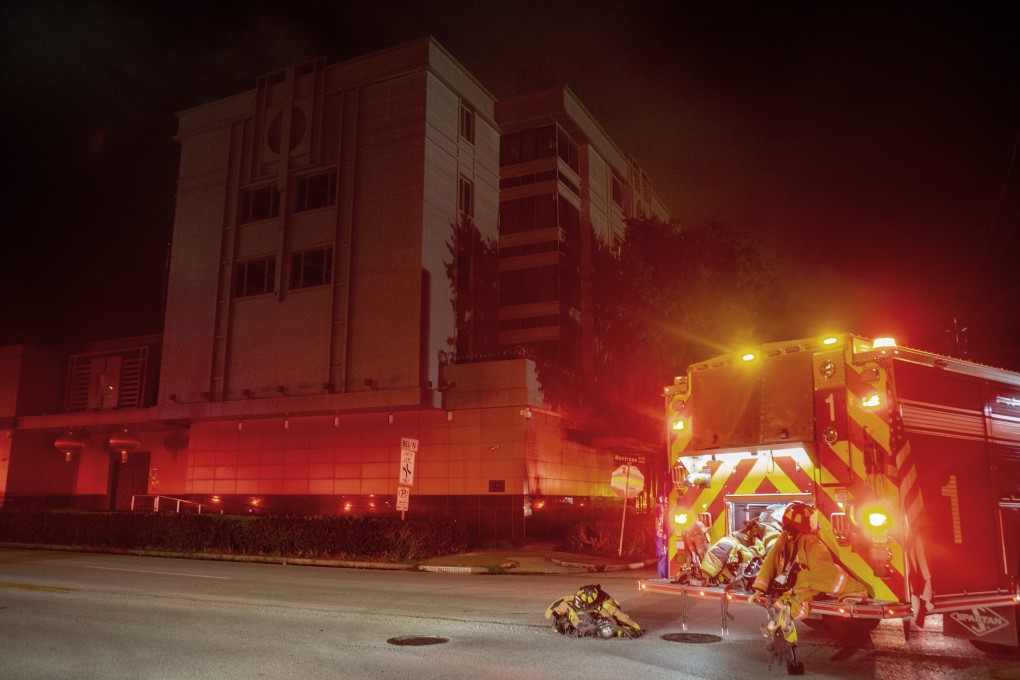Opinion | Closure of China’s Houston consulate shows danger of desperate US behaviour
- Given the sharp decline in US-China diplomacy, the positive energy of the relationship’s early days has been replaced by petty bickering and recriminations
- The brazen disrespect of science and international law by the US is akin to insisting American exceptionalism be respected at the risk of public health

The desperate quality of US President Donald Trump’s failing administration is evident in the gross mishandling of the pandemic and the frittering away of diplomatic goodwill, so much so that influential Republican strategists have suggested the approach, “Don’t defend Trump, attack China”.
Given the sharp decline in US-China diplomacy, the positive energy of those heady, early days has been replaced by petty bickering. A tit-for-tat dynamic is evident as the world’s two biggest economies compete in trade and security affairs. Just as each side has responded in kind to journalist expulsions, and diplomatic invective is met with provocative language on both sides, expect a US consulate in China to be closed in response.

02:23
China calls US order to close Houston consulate ‘political provocation’
